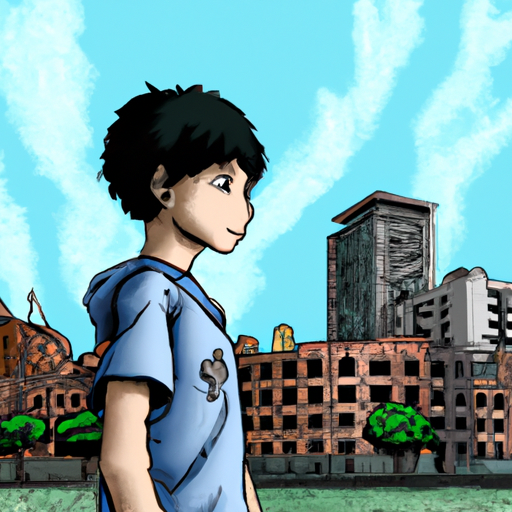The article details the harrowing experience of a 13-year-old survivor of the atomic bombing in Hiroshima, who was forced to step over casualties as they embarked on a search for their missing family members. In the aftermath of the blast, the young survivor grappled with the horrifying scene and toll on their closely-knit family. This personal recount serves as a stark reminder of the disturbing human cost and loss associated with nuclear warfare.
In Japan, the devastating aftereffects of the atomic bombings remain embedded in the national memory, triggering discourse on the necessity of nuclear disarmament. Stories of hibakusha (atomic bomb survivors) are considered precious in preserving the memory of the tragedy, serving both as a historical record and a sobering warning about the realities of atomic warfare.
Similarly to the US and the EU, Japan handles narratives of war with significant gravity. However, regarding nuclear warfare, Japan's perspective is unique due to its direct experience with atomic bombings. In the US, memorialization of war often emphasizes heroism and sacrifice, whereas Japan tends to focus more on the sufferings and the disastrous aftermath.

